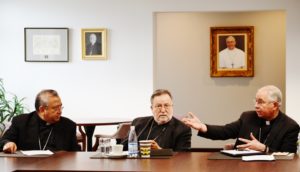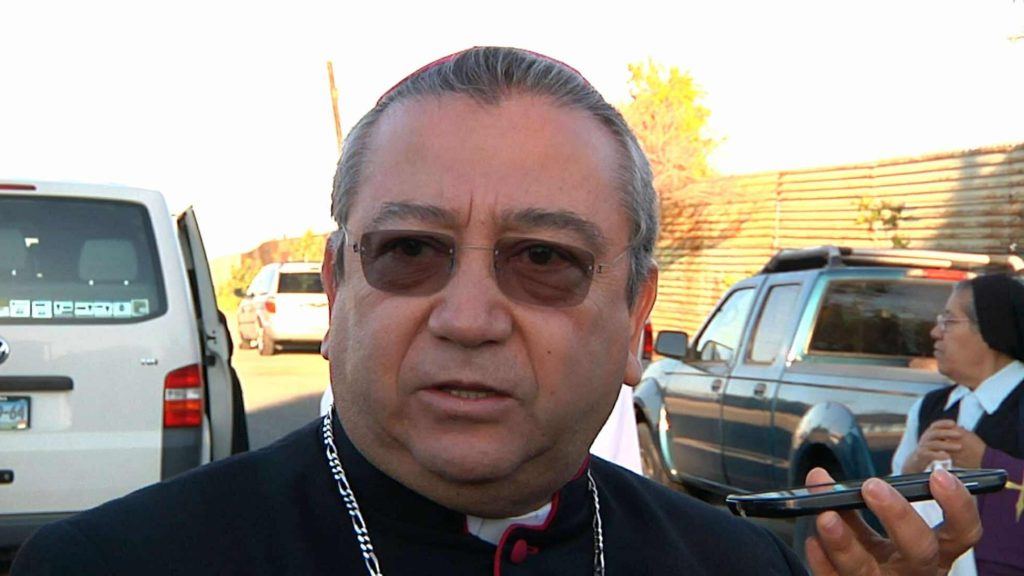Archbishop Francisco Moreno Barrón, who served as the Metropolitan Archbishop of Tijuana since 2016 and was widely admired for his pastoral warmth, humility, and steadfast dedication to his flock, died on Oct. 26 after a long battle with cancer. He was 71.
The news was confirmed by Tijuana Auxiliary Bishop Sigifredo Padilla Cadena in a statement Monday morning.
“With hope in the Risen Christ and strengthened in prayer, we share with deep sorrow the passing to the Father’s house of our beloved Archbishop Francisco Moreno Barrón, who gave his soul to the Creator on October 26, 2025, at 3:26 p.m., surrounded by the love of his family, close collaborators, and in an atmosphere of peace, recollection, and prayer.”
Since 2022 the prelate had been fighting mesothelioma, a rare, aggressive type of cancer that develops in the mesothelium, the thin layer of tissue that lines the internal organs such as the lungs, heart, and abdomen.
Last year, Moreno Barrón had released a statement updating his flock on his illness, calling the aggressive rare cancer part of “the path that God has laid out for my happiness and satisfaction.”

Born in Salamanca, Guanajuato, in 1954, Moreno Barrón entered the seminary in Morelia as a young teenager and was ordained to the priesthood in 1979. Over the decades that followed, he became known for his deep devotion to prayer and his tireless work with youth and families — first in the Archdiocese of Morelia, later as Bishop of Tlaxcala, and finally as Archbishop of Tijuana, a diocese at the heart of Mexico’s complex border realities.
Appointed to lead the Archdiocese of Tijuana by Pope Francis in 2016, Moreno Barrón approached his ministry with the conviction that the Church must stand close to those on society’s margins. His years in Tijuana were marked by outreach to migrants, collaboration with local parishes and civic leaders, and an emphasis on hope and unity in the face of hardship.
Despite his 2022 diagnosis, he continued to serve as archbishop throughout his treatments. Even as his health declined, he presided over Masses, met with priests and lay leaders, and offered public reflections on faith amid suffering. In May 2024, he underwent a high-risk surgery but returned to ministry soon after, telling friends that his greatest desire was “to keep serving Christ and his people for as long as possible.”

